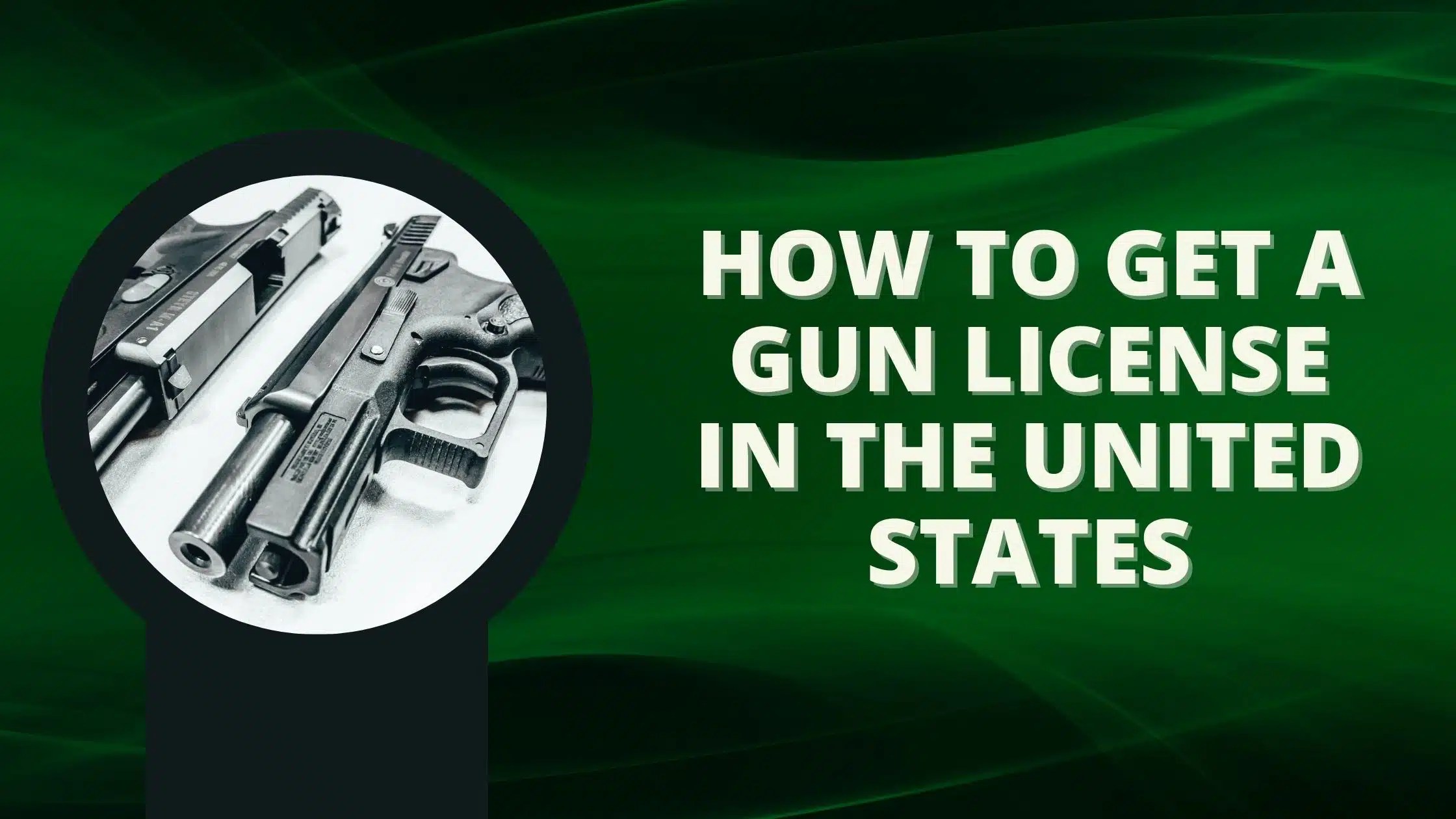Obtaining a gun license is a significant responsibility that requires thorough preparation and understanding of the laws and regulations governing firearm ownership. The process can be daunting for many, but with the right approach and knowledge, you can successfully navigate through it. This article will provide you with essential information and practical tips on how to pass your gun license test, ensuring you are well-prepared for both the theoretical and practical components.
In this guide, we will explore various aspects of the gun licensing process, including the requirements, types of licenses, and preparation strategies. Additionally, we will discuss common mistakes to avoid and the importance of ongoing education in safe firearm handling. Whether you are a first-time applicant or looking to renew your license, this article will serve as a valuable resource.
By the end of this article, you will have a clear understanding of the steps necessary to obtain your gun license and the knowledge required to handle firearms safely and responsibly. Let's dive into the details of how to pass your gun license and ensure you are on the right path toward responsible firearm ownership.
Table of Contents
- 1. Understanding Gun License Requirements
- 2. Types of Gun Licenses
- 3. Study Materials and Resources
- 4. Practical Shooting Tests
- 5. Common Mistakes to Avoid
- 6. The Importance of Ongoing Education
- 7. Preparing for Test Day
- 8. Conclusion
1. Understanding Gun License Requirements
Before you can pass your gun license test, you must first understand the specific requirements set forth by your state or country. These requirements can vary significantly, but here are some common elements:
- Age restrictions: Most places require applicants to be at least 18 years old.
- Background checks: A thorough background check is typically conducted to ensure the applicant has no criminal history.
- Training courses: Many jurisdictions require completion of a firearm safety or training course.
- Proof of residency: You may need to provide documentation proving your residency in the area where you are applying.
2. Types of Gun Licenses
There are various types of gun licenses, each serving different purposes. Understanding the differences can help you choose the right one for your needs:
2.1. Concealed Carry License
This license allows individuals to carry a concealed firearm in public. It often requires additional training and background checks.
2.2. Open Carry License
In some jurisdictions, individuals can openly carry firearms without a permit, while others require a specific license.
2.3. Hunting License
A hunting license permits individuals to use firearms for hunting purposes, often requiring completion of a hunter safety course.
3. Study Materials and Resources
To pass your gun license test, you must familiarize yourself with firearm laws, safety protocols, and handling techniques. Here are some recommended study materials:
- Official state or country gun laws document.
- Firearm safety courses (online or in-person).
- Books and manuals on firearms and their operation.
- Practice tests and quizzes available online.
4. Practical Shooting Tests
Many gun license applications require a practical shooting test to demonstrate your ability to handle a firearm safely. Here’s how to prepare:
- Enroll in a shooting range that offers lessons.
- Practice regularly to improve your accuracy and confidence.
- Learn the specific requirements and scoring criteria for the practical test.
5. Common Mistakes to Avoid
While preparing for your gun license, it’s crucial to avoid common pitfalls that could jeopardize your chances of passing:
- Neglecting to study state laws and regulations.
- Failing to practice practical shooting skills.
- Not seeking help or clarification on confusing topics.
6. The Importance of Ongoing Education
Obtaining a gun license is just the beginning of your responsibility as a firearm owner. Ongoing education is vital for:
- Staying updated on changing laws and regulations.
- Improving your shooting skills through advanced training courses.
- Enhancing your understanding of firearm safety and maintenance.
7. Preparing for Test Day
The day of your test can be stressful, but preparation can help alleviate anxiety:
- Get a good night’s sleep before the test day.
- Arrive early to the testing location to avoid any last-minute rush.
- Bring all required documents and materials, including identification and proof of training.
8. Conclusion
In conclusion, passing your gun license test involves thorough preparation, understanding of laws, and practical skills. By following the guidelines outlined in this article, you can increase your chances of success. Remember to stay informed and continue your education in firearm safety and handling. If you found this article helpful, please leave a comment, share it with others, or explore more resources on our site.
Penutup
Thank you for taking the time to read this comprehensive guide on how to pass your gun license. We hope it has provided you with valuable insights and confidence as you embark on this important journey. Stay safe and responsible!




